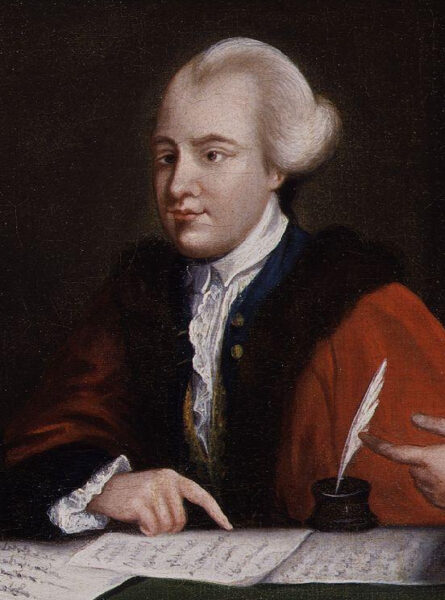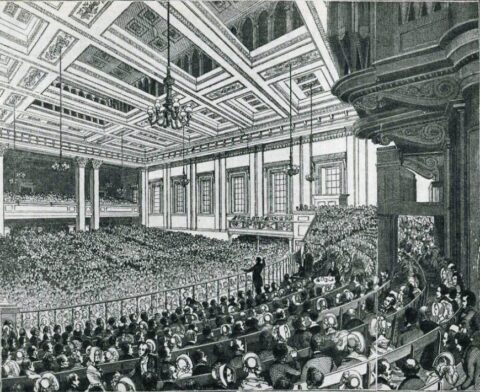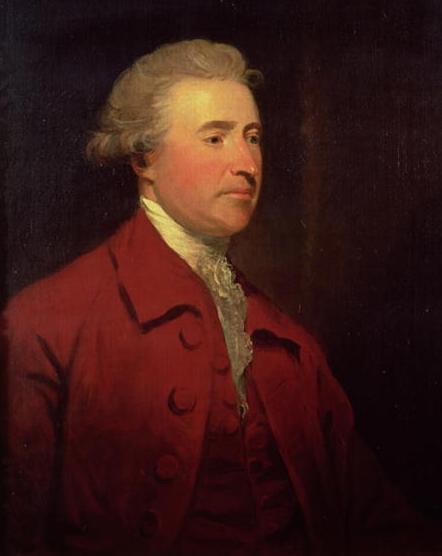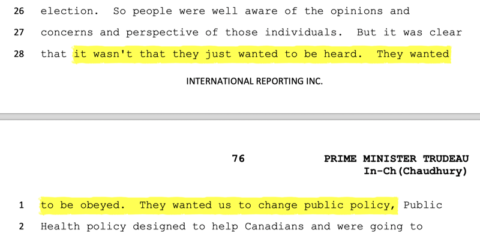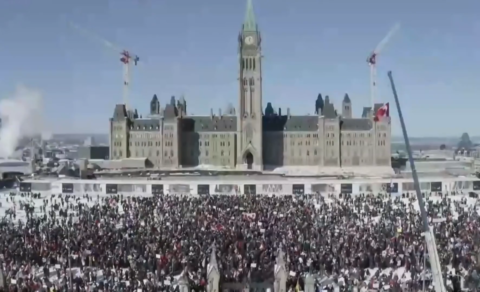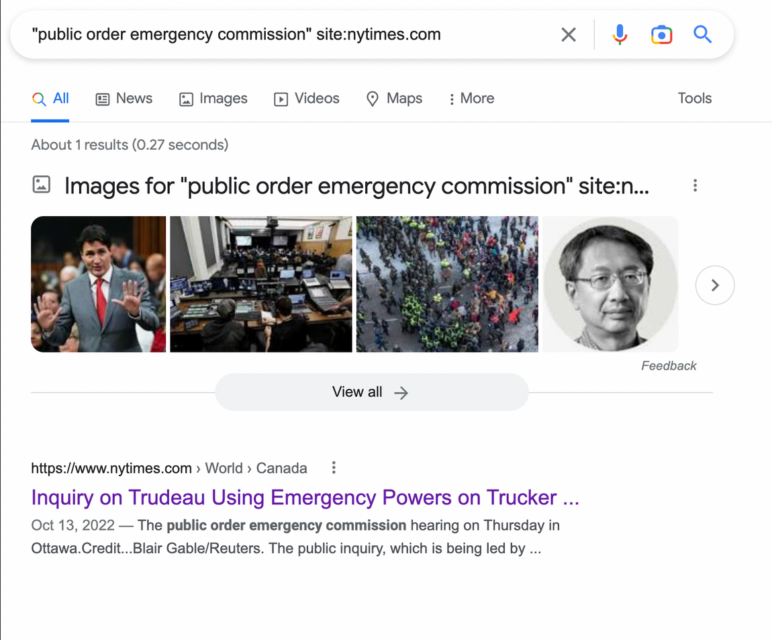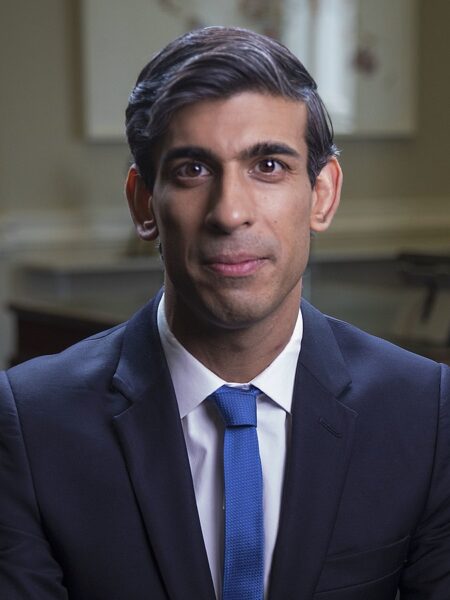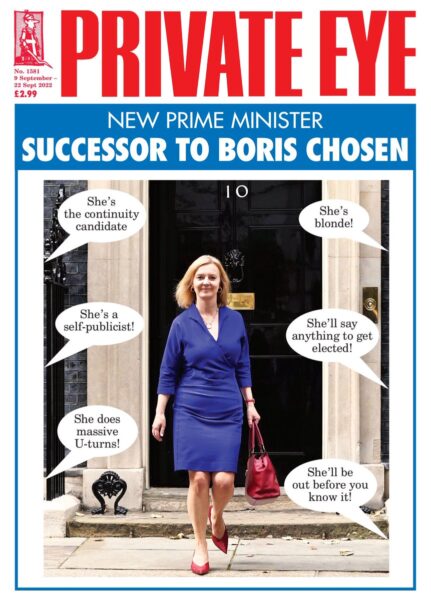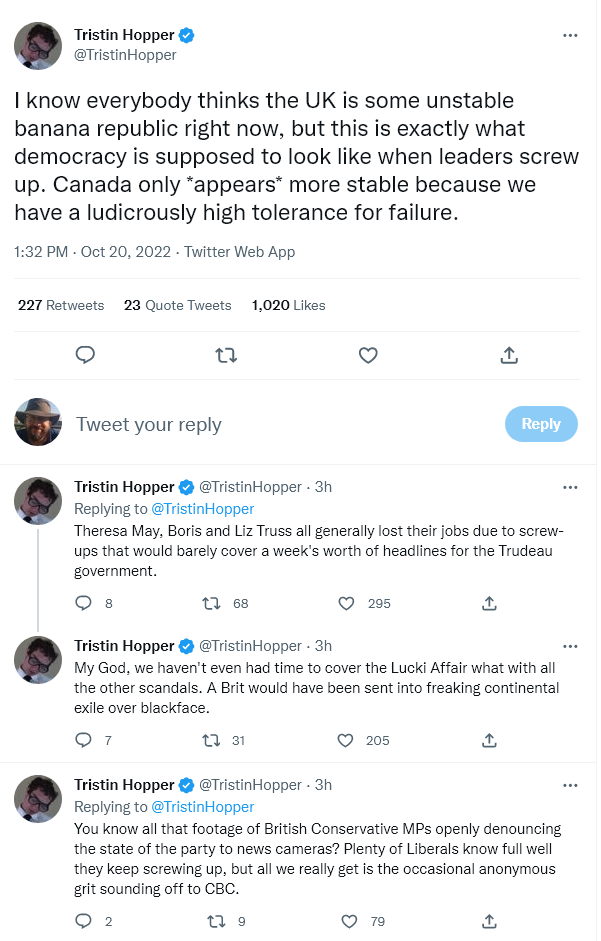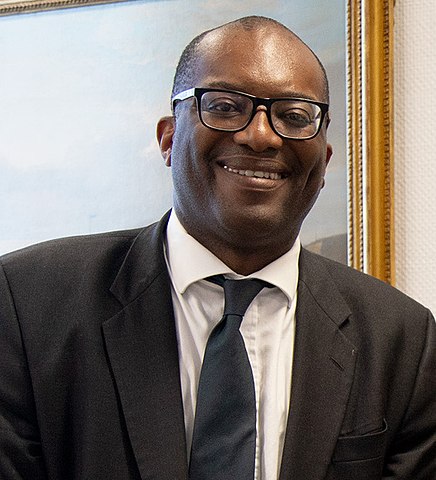In the latest Age of Invention newsletter, Anton Howes relates some of his recent research on the Parliament of 1621 (promising much more in future newsletters) and highlights one of the Royal monopolies that came under challenge in the life of that Parliament:
One of the great things about the 1621 Parliament, as a historian of invention, is that MPs summoned dozens of patentees before them, to examine whether their patents were “grievances” — illegal and oppressive monopolies that ought to be declared void. Because of these proceedings, along with the back-and-forth of debate between patentees and their enemies, we can learn some fascinating details about particular industries.
Like how 1610s London had a supply of fresh lobsters. The patent in question was acquired in 1616 by one Paul Bassano, who had learned of a Dutch method of keeping lobsters fresh — essentially, to use a custom-made broad-bottomed ship containing a well of seawater, in which the lobsters could be kept alive. Bassano, in his petitions to the House of Commons, made it very clear that he was not the original inventor and had imported the technique. This was exactly the sort of thing that early monopoly patents were supposed to encourage: technological transfer, and not just original invention.
The problem was that the patent didn’t just cover the use of the new technique. It gave Bassano and his partners a monopoly over all imported lobsters too. This was grounded in a kind of industrial policy, whereby blocking the Dutch-caught lobsters would allow Bassano to compete. He noted that Dutch sailors were much hardier and needed fewer provisions than the English, and that capital was available there at interest rates of just 4-5%, so that a return on sales of just 10% allowed for a healthy profit. In England, by comparison, interest rates of about 10% meant that he needed a return on sales of at least 15%, especially given the occasional loss of ships and goods to the capriciousness of the sea — he noted that he had already lost two ships to the rocks.
At the same time, patent monopolies were designed to nurture expertise. Bassano noted that he still needed to rely on the Dutch, who were forced to sell to the English market either through him or by working on his ships. But he had been paying his English sailors higher wages, so that over time the trade would come to be dominated by the English. (This training element was a key reason that most patents tended to be given for 14 or 21 years — the duration of two or three apprenticeships — though Bassano’s was somewhat unusual in that it was to last for a whopping 31.)
But the blocking of competing imports — especially foodstuffs, which were necessaries of life — could be very controversial, especially when done by patent rather than parliamentary statute. Monopolies could lawfully only be given for entirely new industries, as they otherwise infringed on people’s pre-existing practices and trades. Bassano had worked out a way to avoid complaints, however, which was essentially to make a deal with the fishmongers who had previously imported lobsters, taking them into his partnership. He offered them a win-win, which they readily accepted. In fact, the 1616 patent came with the explicit support of the Fishmongers’ Company.
It sounds like it became a large enterprise, and I suspect that it probably did lower the price of lobsters in London, bringing them in regularly and fresh. With a fleet of twenty ships, and otherwise supplementing their catch with those caught by the Dutch, Bassano boasted of how he was able to send a fully laden ship to the city every day (wind-permitting). This stood in stark contrast to the state of things before, when a Dutch ship might have arrived with a fresh catch only every few weeks or months, and when they felt that scarcity would have driven the prices high.


